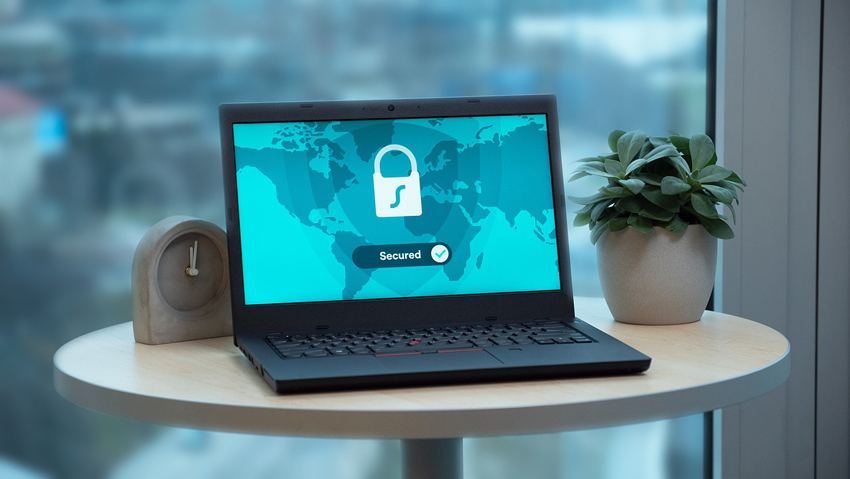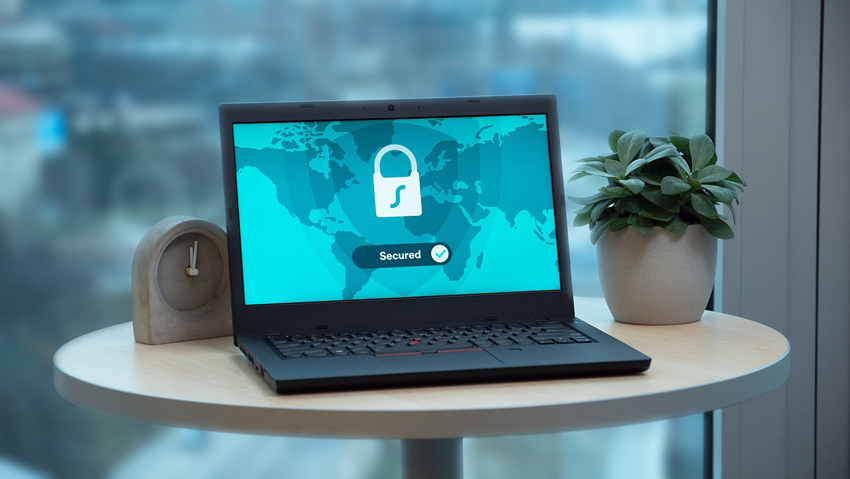VPNs are used only by the paranoid
Virtual private networks (VPNs) are gaining popularity and of course there are many myths about this privacy tool on the Internet. Let’s take a look at the most common ones.
Hacking, data collection, tracking and targeted advertising are widespread in any country in the world where, in principle, there is an Internet connection. We often connect to public hotspots at airports, hotels or cafes without even thinking. But we can never be sure that the network is not controlled by hackers.
Even when the public network seems secure, if it is not secure, almost anyone with IT background can access your Internet activity, personal information, and passwords.
Myth 2: I’m not I need a VPN because I’m not doing anything illegal
This myth has existed since the advent of VPN. It would be naive to believe that a VPN is not being used for illegal activities. However, statistics show that VPNs are used more often for purposes other than downloading copyrighted material and shady business.

Online anonymity is useful when you are trying to protect yourself on a public Wi-Fi network, avoid data theft, surveillance, etc. VPN is also a reliable tool when using banking applications anywhere and in any time.
Some people think that VPNs themselves are illegal, which is far from the truth. For example, in Russia, all proxy and VPN services, as well as the anonymous networks Tor, I2P and Freenet must “respect” the locks made by Rospotrebnadzor. That is, it is forbidden to help bypass the locks, and not the services themselves, while the user is not in danger, even if he violates this ban – all the fault lies with the owners of these resources.
Myth 3: you get complete anonymity when you use a VPN
VPN does a lot to make you as unidentifiable as possible on the Internet, and protects you from surveillance, data theft, targeted advertising. But complete anonymity on the network is extremely difficult to achieve, regardless of whether you use a VPN or not.
Technically speaking, if you want things to look like you’re not online at all, just don’t use the Internet.
The topic of digital anonymity is complex and affects many actors, such as your ISP, government, the sites you visit, the applications you use, etc. We often provide our personal information inadvertently. If you make your personal information public, a VPN is unlikely to help.
Myth 4: VPN slows down your internet connection
A VPN can slow down your internet speed, but it doesn’t always happen. When traffic passes through the VPN server, it is encrypted and then decrypted, which is why users generally report slower connection speeds.
However, the closer the servers are, the better the connection. Unless you have a specific reason to connect to a remote server, we recommend that you always select nearby cities or neighboring countries.
A VPN can even improve your connection speed if your internet service provider’s restrictions on watching online movies or doing any activity that require high network bandwidth slows down your speed. We have already written about this in more detail.
Myth 5: VPN protects you from everything on the network at all
VPN should not be viewed as a one-stop security solution. You should still be vigilant and, for example, not click on questionable links. VPN will not be able to protect you if you yourself provide your personal information to scammers. While some services have features that protect you from phishing attempts by hiding suspicious links, you still don’t need to let your guard down.
VPN does not replace antivirus. Antivirus is the best anti-malware solution, and a VPN is great for preventing hacking attempts and hiding your IP address to protect your privacy.
Myth 6: You don’t have to pay for a VPN – there are free services
Free VPN service is tempting. But it is a complex privacy protection tool that requires certain resources to make it as functional and secure as possible.
Free VPN providers still need money to develop their product, so where do they get it? Most often they sell your data and thus make money.
Myth 7: You can use a proxy instead of a VPN
At first glance, proxies and VPNs may seem interchangeable, but they function differently. Proxies only hide your IP address and do not encrypt data, so their functionality is limited compared to VPNs. Free proxy servers are incredibly dangerous as they often don’t know who they belong to.
